UN population report: Key takeaways for India and the world
Government Notifies Amendments to the Information Technology (Intermediary Guidelines and Digital Media Ethics code) rules, 2021

2023-04-11
11:29 am
281 Views
The Ministry of Electronics and IT, Government of India, has announced changes to the Information Technology (Intermediary Guidelines and Digital Media Ethics Code) Rules, 2021, with the objective of upholding the safety and trust of Digital Nagriks. The amendments pertain to the dissemination of fake and misleading information about government affairs and online gaming, and they seek to ensure that online gaming and social media intermediaries exercise increased due diligence in these areas.
Under the Government of India (Allocation of Business Rules), 1961, the responsibility for overseeing online gaming regulations was assigned to the Ministry of Electronics and IT (MeitY) on December 23 of last year. Within two weeks of this decision, the Ministry drafted proposed amendments to the IT rules and made them available for consultation on January 2, 2023.
Key Features of the amendment
Obligation to ensure safety of online games and prohibition of hosting non-permissible games
- According to the amended rules, intermediaries are now required to take reasonable steps to avoid hosting, publishing, or sharing any online games that may harm users or have not been approved as permissible online games by a self-regulatory body designated by the Central Government.
- They must also ensure that no advertising or promotion of non-permissible online games is displayed on their platform.
Authority and obligations of self-regulatory bodies for online gaming
- The self-regulatory body will have the power to investigate and verify that the online game does not involve betting, that the game and the online gaming intermediary comply with the rules, and that there are safeguards in place to protect users from harm, including psychological harm, parental controls, age ratings, and measures to prevent gaming addiction.
Additional obligations on intermediaries for online games involving real money
- Additional obligations are imposed on online gaming intermediaries for online games that involve real money, including the display of a verification mark by the self-regulatory body, notification of the withdrawal and refund policy, the KYC details of users, and the prohibition of credit or financing by third parties.
- These rules will apply to games without a deposit for winnings if the Central Government issues a notification in the users' interest or other specified reasons.
Establishment of self-regulatory bodies and Board for online gaming industry
- The Government may designate multiple self-regulatory bodies that represent the online gaming industry but operate independently of their members.
- The Board will consist of directors without conflicts of interest and will represent all relevant stakeholders and experts, including online gaming users, educators, mental health professionals, ICT experts, child rights advocates, and individuals with public policy and administration experience.
- These obligations will become effective when an adequate number of self-regulatory bodies are designated, giving the online gaming industry sufficient time to comply.
Prohibition of publishing fake, false or misleading information related to government business
- Social media companies have historically been granted legal immunity for user-generated content, as they are considered intermediaries under the Information Technology Act, 2000.
- However, they will lose this status under the IT Rules if they fail to appoint a grievance officer for India or fail to promptly address user complaints.
- Moreover, with this amendment, they will also lose their safe harbor protection for posts that the government has identified as misinformation.
- Intermediaries are now required, under the amended rules, to avoid publishing, sharing, or hosting fake, false, or misleading information regarding any Central Government business.
- These types of information will be identified by the Fact Check Unit of the Central Government.
Obligation to not host or share false or misleading information in general
- The existing IT rules already required intermediaries to take reasonable steps to avoid hosting, publishing, or sharing information that is patently false, untrue, or misleading.











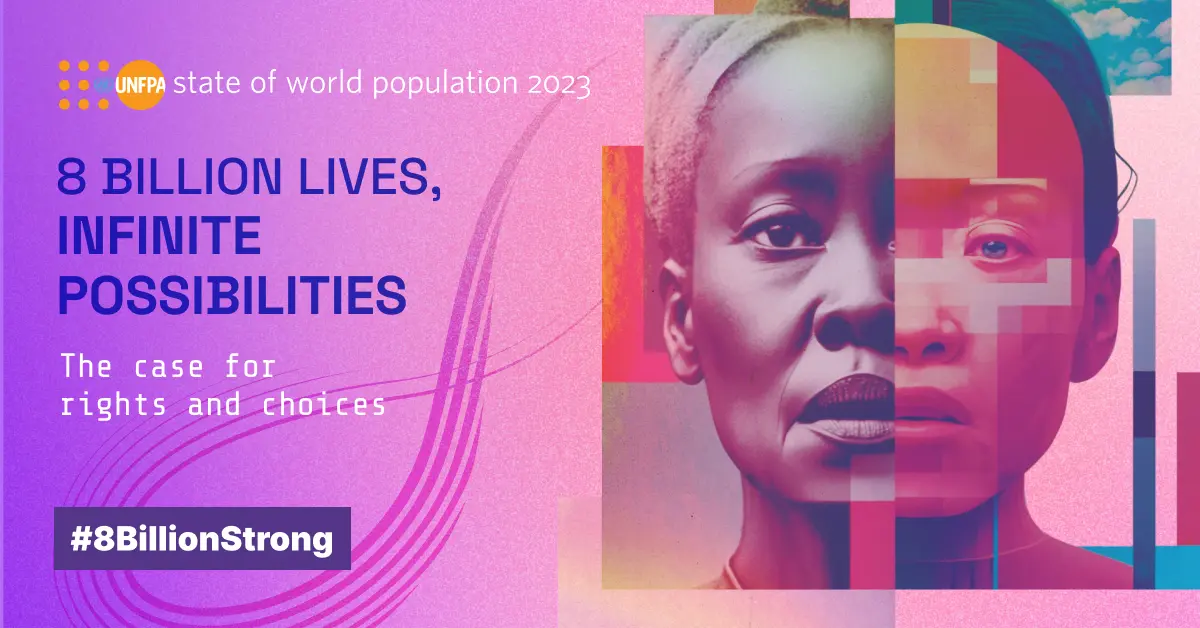
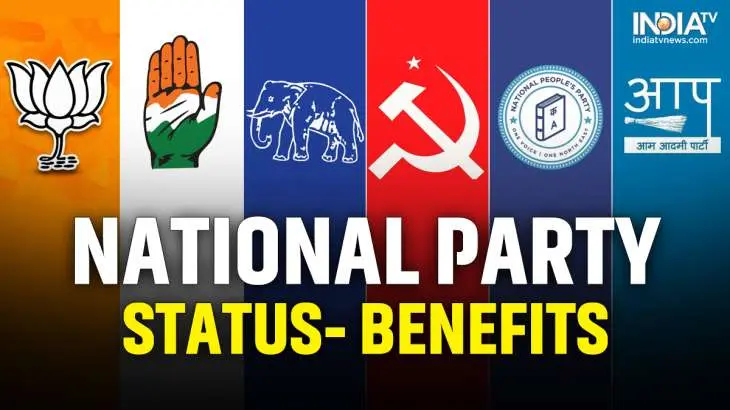
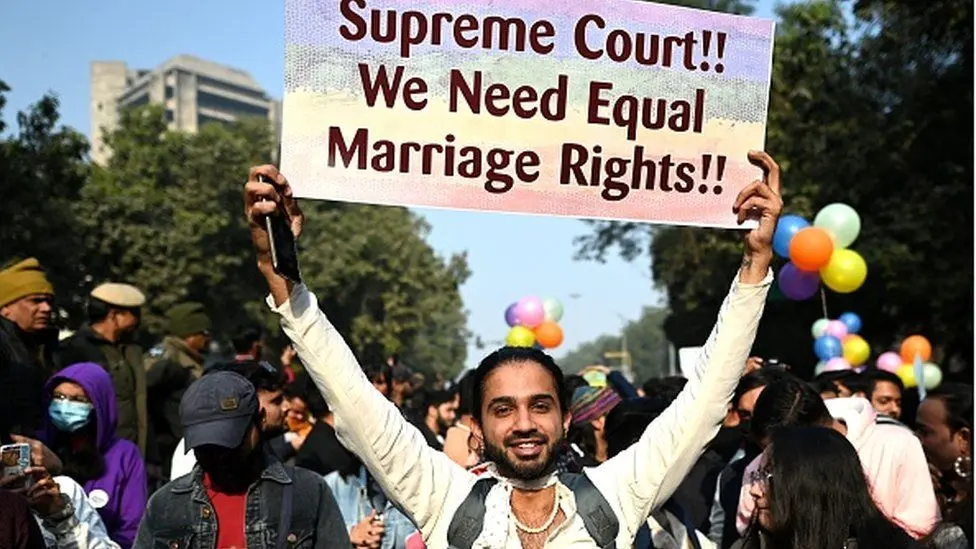
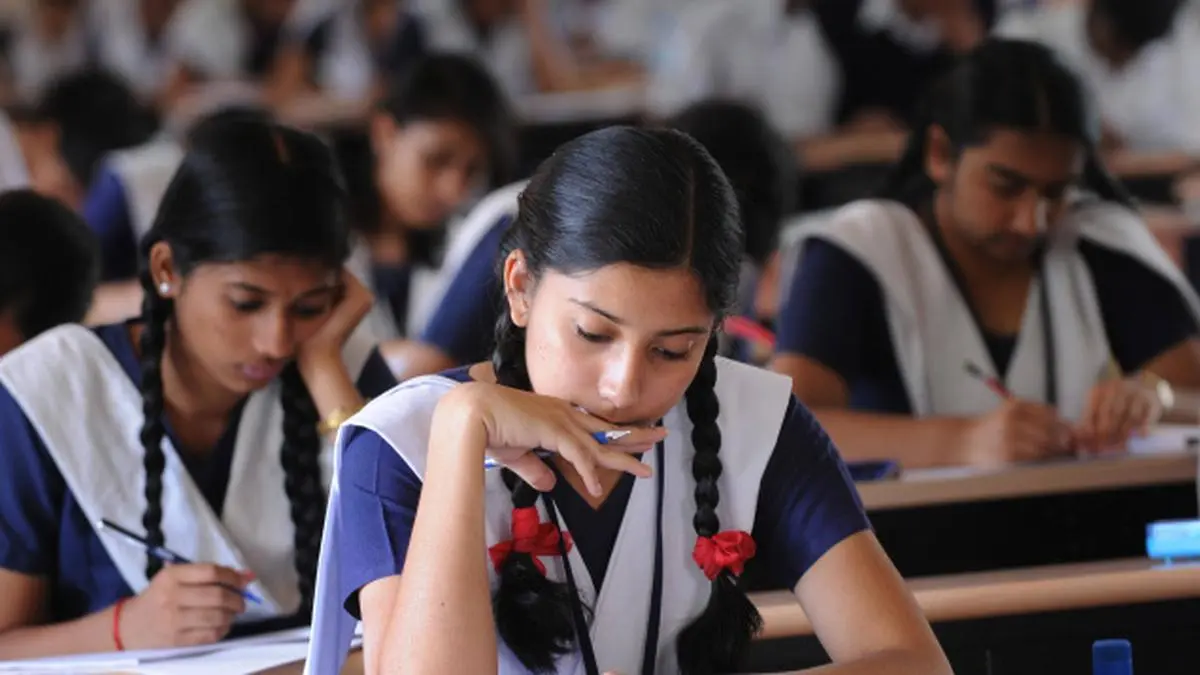
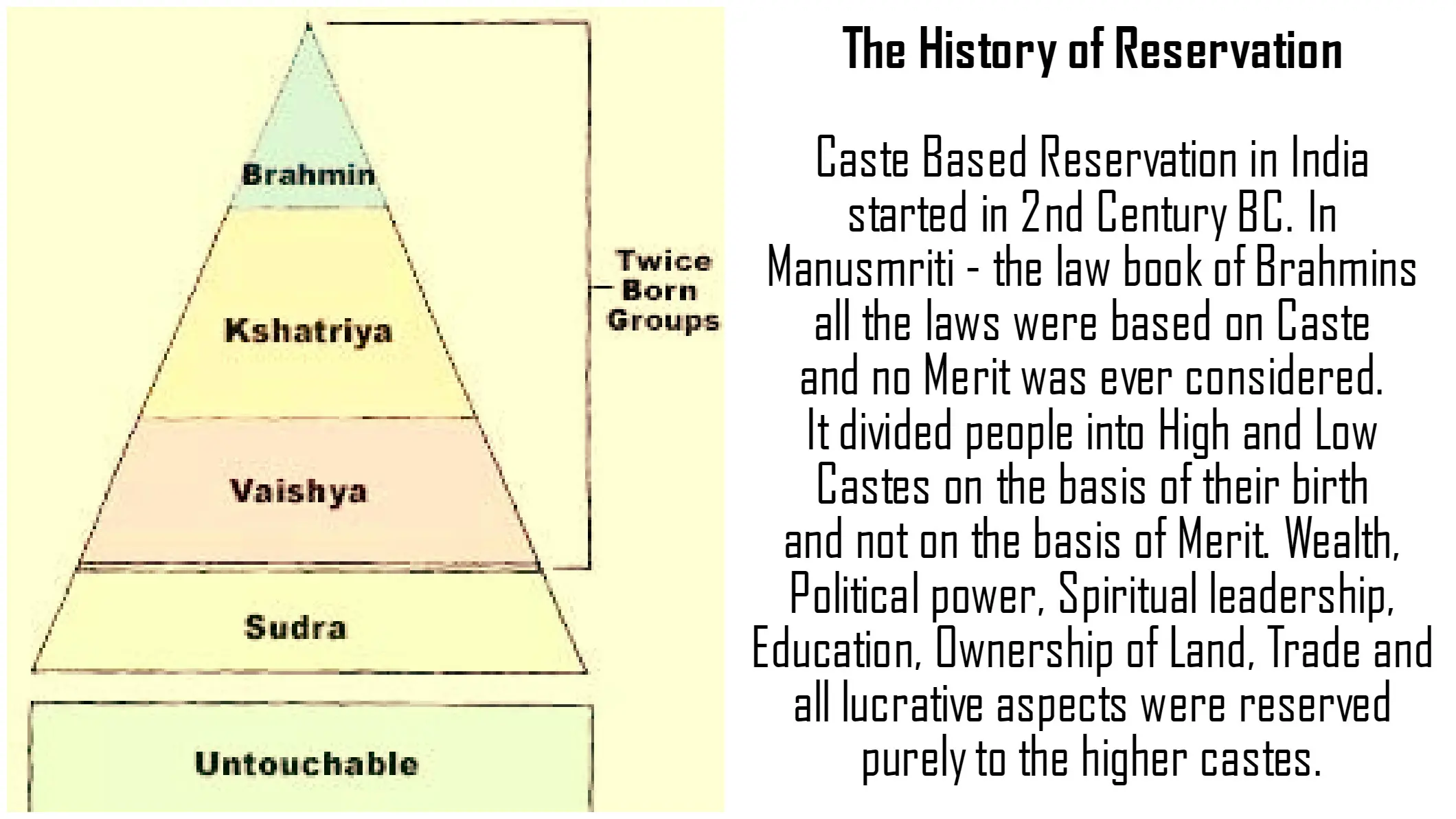
Comments
Login To Comment
Recent Comments